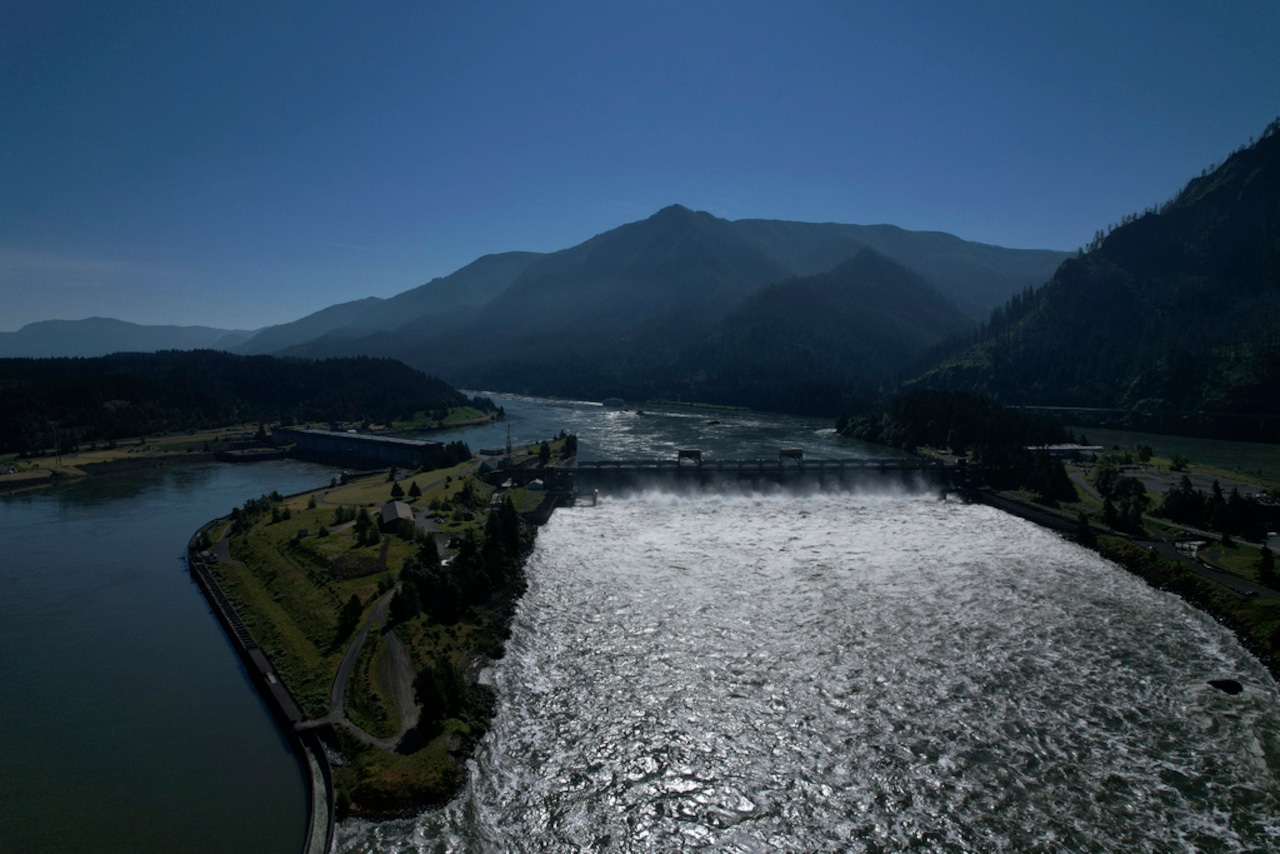Oregon is resuming its yearslong legal battle against the federal government over dwindling fish populations in the Columbia River following the Trump administration’s withdrawal from a historic agreement that sought to restore their runs.
The state on Thursday filed requests asking a judge to reopen earlier litigation and to allow motions for an injunction to block the withdrawal.
Oregon, Washington, the four Lower Columbia Treaty tribes and conservation groups worked out the Resilient Columbia Basin Agreement, signed in 2023. It put an end to decades of lawsuits over salmon runs and pledged to honor tribal treaty obligations and help tribal clean energy development.
Within months after the agreement, the federal government acknowledged for the first time the devastation that federal dams on the Columbia have wrought on the region’s salmon populations.
But in June, President Donald Trump signed a memorandum directing federal agencies to withdraw from the agreement, with no explanation. It was titled “Stopping Radical Environmentalism to Generate Power for the Columbia River Basin.”
The Columbia River Basin once sustained 10 to 16 million salmon and steelhead annually. Today, over a third of those populations are extinct and many are on the brink of extinction, with fewer than 50 wild fish returning to spawn.
Of the 16 salmon and steelhead stocks that historically returned above Bonneville Dam, four are now extinct and more than half of those remaining are listed under the Endangered Species Act.
The agreement would have poured $1 billion into fish restoration and energy projects in the basin. It advocated for adjustments in federal dams to benefit the fish and acknowledged the possibility of breaching the four Snake River dams.
Oregon is seeking an injunction to preserve some of the beneficial changes to the operation of the hydropower system to protect salmon during next spring’s downstream migration. The changes would maximize the salmon’s chance of survival and return to the river as adults.
“The Resilient Columbia Basin Agreement was a historic opportunity to restore salmon populations, uphold commitments to sovereign tribal nations, and meet our region’s clean energy demands,” Oregon Attorney General Dan Rayfield said in a statement. “By walking away, the federal government has put salmon and steelhead on the brink of extinction and once again broken promises to tribal partners.”
Gov. Tina Kotek pledged Oregon would continue to work on bringing the salmon back.
“Oregon remains committed to working with Washington and tribal partners to pursue healthy salmon runs and a clean energy future, while urging the federal government to rejoin the effort,” she said in a statement.
— Gosia Wozniacka covers environmental justice, climate change, the clean energy transition and other environmental issues. Reach her at gwozniacka@oregonian.com or 971-421-3154.
If you purchase a product or register for an account through a link on our site, we may receive compensation. By using this site, you consent to our User Agreement and agree that your clicks, interactions, and personal information may be collected, recorded, and/or stored by us and social media and other third-party partners in accordance with our Privacy Policy.
